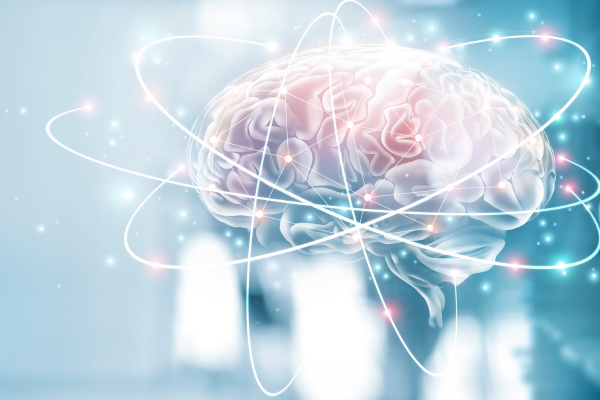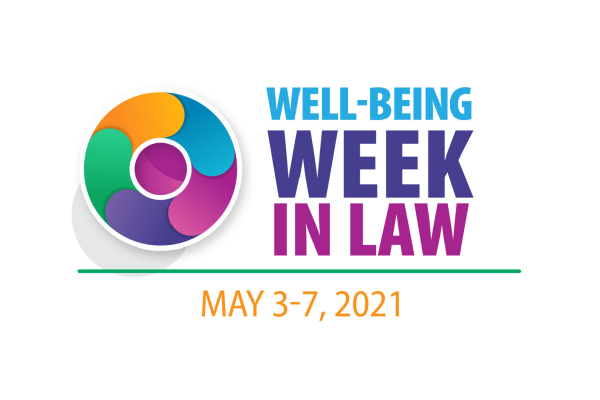May is Mental Health Month. A new model can offer insight on chronic stress, anxiety, and depression — all too common in the legal profession, especially during a pandemic.
It’s important that treatment models are studied thoroughly before they’re accepted by mainstream psychology. Dr. Leanne Williams, a cognitive neuroscientist and Stanford University faculty member, focuses her studies on the application of neuro-imaging, and has developed an aspirational model of multiple types of depression and anxiety that may call for different kinds of clinical or behavioral intervention. Other applications of both neuro-imaging and artificial intelligence are also being explored with similar aims. While these perspectives are not part of current mainstream treatment protocols, they offer promise.
Dr. Williams proposes individualized ways of managing moods that may develop in reaction to extreme negative stress, which includes the COVID-19 crisis. She’s identified 8 different ways in which brain circuits can get “disrupted or stuck”, which she calls biotypes. We would be interested to hear whether you find utility in this approach.
An introduction to understanding biotypes in general (here) as well as more on how it can help us cope during the COVID crisis specifically (here) were published recently by Thrive Global, an organization whose mission is to help companies and communities improve their well-being and performance and unlock their highest potential. Thrive Global covers a range of topics worth exploring for those in the legal profession personally experiencing high rates of chronic stress, depression, anxiety, and substance use — particularly in an ongoing pandemic.
An excerpt on the 8 biotypes follows — and you can find tips for coping with the COVID crisis for each biotype here.
Rumination: Involves the brain’s default circuit. Tendency to repeatedly worry and have negative thoughts from your inner voice. Repeated negative self-talk can create internal tension and disrupt social and workplace function.
Anxious Avoidance: Involves the brain’s salience circuit. Situations that cause anxiety can in turn have a physical expression such as tightness in the gut, sweaty palms, or palpitations. These physical expressions can cause a person to further avoid the situation that triggers stress. May feel the need to remove yourself from stressful stimulation and to reorient attention. Can impact satisfaction with life.
Negative Bias: Involves the brain’s negative affect circuit. May feel stuck in a cycle of negativity and expecting the worst; we might think of this as “catastrophizing.” May tune in to negative input from others and from the environment, and not see the positive.
Threat Response: Involves the brain’s negative affect circuit when activated by threats (real or perceived) in your environment. Being hyper-attuned to these threats. Activates automatic reactions that put the brain and body into “alarm mode” and which may be hard to switch off. These automatic reactions may be experienced as physical sensations such as shakiness and being startled.
Emotional Numbness: Involves the brain’s positive affect circuit, also known as the reward circuit. Sometimes unable to take pleasure in activities that usually bring you joy and give you purpose. May take more effort to respond to positive interactions and feel like you are going through the motions.
Context Insensitivity: Involves regulation of the brain’s positive affect circuit. May feel so burned out that you lose motivation in all areas. Can take extreme effort to function at work or in relationships.
Inattention: Involves the brain’s attention circuit. Difficulty concentrating and staying focused. May feel worn out by the need to force yourself to concentrate on a task. Basic functions at work and home may be hard to complete.
Cognitive Fog: Involves the brain’s cognitive control circuit. Brain may feel foggy, rather than sharp. Difficulty in executive thinking that relies on making decisions and inhibiting unwanted thoughts and reactions. Can make planning ahead harder.
This content is informational and educational, and it does not replace medical advice, diagnosis or treatment from a health professional.
Free & Confidential Consultations:
Lawyers, law students, and judges in Massachusetts can discuss well-being and mental health concerns with a licensed therapist and law practice management concerns with a law practice advisor. Find more on scheduling here.




